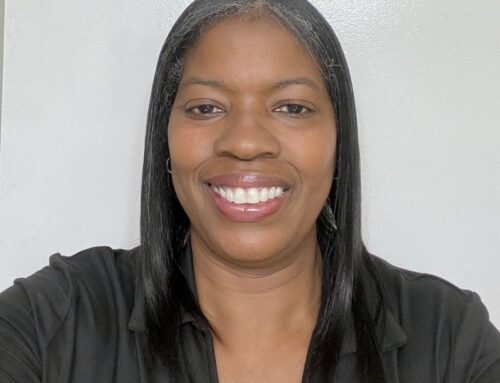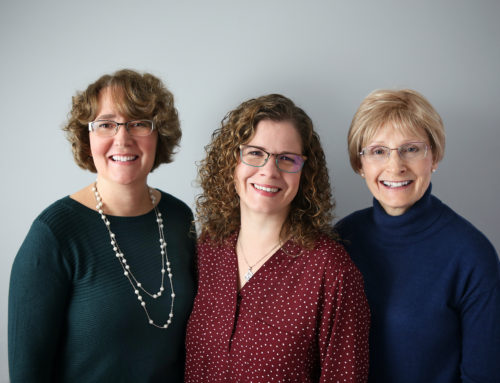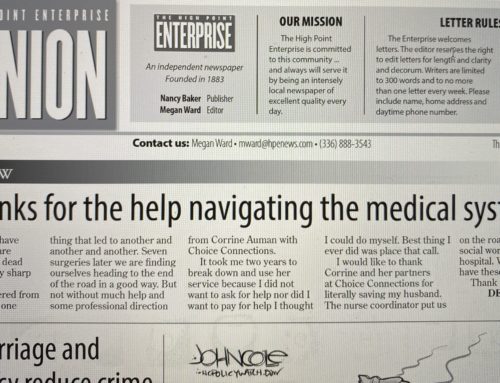Though my work, I have met many women who have taken hours,days, weeks, months, and even years off work to care for an aging parent.
Although many of them were glad to have the time with their parents…
- Most also admitted they felt resentment that cultural expectations compelled them to do the care work.
- Some of them worried about the money they were spending out of their own pockets to help their parents.
- All of them worried about the income and retirement savings they were losing by missing so much time at work.
When we talk about earnings, we often hear about the wage gap between men and women.
But many do not factor in the fact that women are twice as likely to take time out of work to care for aging family members.
According to a report from researchers at the Institute for Women’s Policy Research (IWPR), this “care gap” make the wage gap considerably greater.
When the researchers accounted for this caregiving time across a 15-year period and compared women’s earnings with men’s, they found a pay gap nearly twice as big as what is usually reported.
Women made 49 cents for every dollar men made.
The usual measures of the wage gap miss the impact of the “care gap” because the studies examine women who are in the workforce, ignoring women who have left the workforce to provide unpaid care for aging parents.
Thinking of the “wage gap” as a “care chasm”
Women who shoulder the primary care responsibility for their families significantly impact their overall lifetime earning ability. They lose:
- Salaries
- Retirement benefits
- Valuable work experience that would lead to promotions and higher earnings in the future
When these women return to the workforce, if they can return, they seldom return to their old jobs and salaries.
Certainly there are women who choose to take on the caregiving role for family members because they find the work rewarding and want to do it.
But most women are driven into the role by the social expectation that women should step up to provide care for aging parents.
I have met many women who felt torn between their careers and their roles as caregivers. Too often, these women worry about work when with their parents, and about their parents when at work.
When the stress or time demands get too great, these women often have to reduce hours at work, or quit altogether.
What can you do?
As the IWPR researchers note, solutions like paid family leave subsidies would help close the gap. But at the moment? There are no perfect answers.
However, you can fight the cultural expectations that women should carry the caregiving burden by hiring professional help.
Women often tell me that they can’t afford help, but when you factor in the loss of income these women experience by taking time off work to provide care…
Hiring professional help can often save them money.
Plus, the professionals know what they are doing, how to avoid pitfalls, and can save you hours of time and energy.
Whatever you choose to do, remember the impact the “care gap” has on the “wage gap.”
It will help you make better long-term decisions for both you and your parents.




